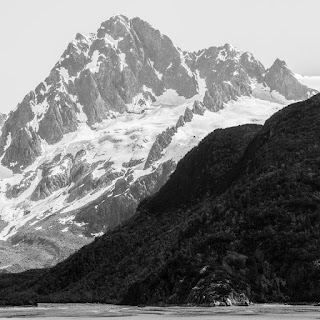"Above all, geology makes explicit challenges to our understanding of time. It giddies the sense of here-and-now. The imaginative experience of what the writer John McPhee memorably called ‘deep time’–the sense of time whose units are not days, hours, minutes or seconds but millions of years or tens of millions of years–crushes the human instant; flattens it to a wafer."
...
"Yet there is also something curiously exhilarating about the contemplation of deep time. True, you learn yourself to be a blip in the larger projects of the universe. But you are also rewarded with the realization that you do exist–as unlikely as it may seem, you do exist."- Robert Macfarlane (1976 - )






